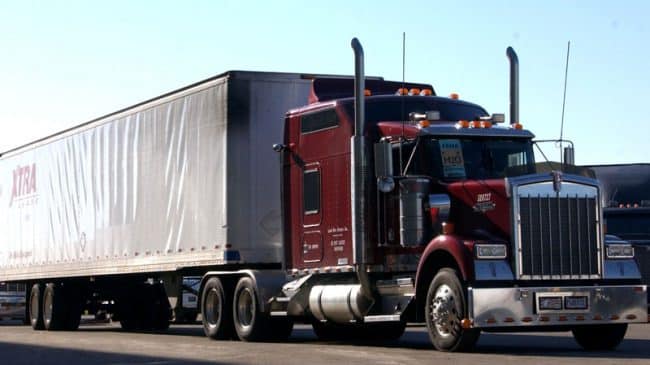Recent labor disputes at West Coast ports have helped cause a three-month backlog of containerships at the ports of Los Angeles and Long Beach. Southern California, home to one of the country’s largest freight networks, moves more than 1 billion tons of goods valued at approximately $2 trillion across the region.
With the ports of Los Angeles, Long Beach and San Diego serving Orange County and the Inland Empire, freight movement is a vital local and national issue. In 2010, goods movement employed an estimated 2.9 million people and contributed $249 billion to the Southern California economy. So maintaining and enhancing the region’s network of highways, rail and waterways is critical.
The Southern California Association of Governments has a multimodal freight policy that includes building truck lanes on I-710 and portions of the 60, plus widening popular truck routes, such as the 47, and rebuilding infrastructure near the ports of Long Beach and Los Angeles. But it probably isn’t enough. Orange County has some of the most high-volume truck routes in the country, including I-5, I-405, the 57 and the 91, along with some of the most heavily used freight railroads in the country and BNSF lines linking Los Angeles with San Diego and Arizona.
The current regional network needs to be modernized to handle the ways and speed with which 21st century freight moves. For starters, the I-710 missing link that would connect Alhambra and Pasadena is crucial, and a lack of truck capacity on east-west freeways connecting Los Angeles County and the Inland Empire hurts the regional economy.
For the first time in years, Congress is seriously weighing its options for creating a freight policy that would provide federal funding to states to strengthen key freight networks. It makes sense to allocate federal taxpayers’ dollars to freight versus some other modes of transportation. For example, most people do not commute across state lines on bicycles or walk from California to Arizona on walking paths, so that infrastructure should be paid for by local users, not federal taxpayers. Freight policy is somewhat different because goods destined for Texas arrive at the Port of Los Angeles. Scrap metal from Wyoming departs the Port of Long Beach.
Unfortunately, the Obama administration’s recently proposed Grow America Act, supported by the Southern California Association of Governments, has serious weaknesses. It dedicates $18 billion to freight but proposes to distribute it in a politically oriented grant program rather than a merit-based program that spends money where it would do the most good.
The Transportation Investment Generating Economic Recovery grant program doesn’t result in prioritizing the most important infrastructure needs. Instead, the grants have recently been used to fund a streetcar in Atlanta, a trolley in Kansas City and a dock in rural Washington State. Those types of projects deliver local benefits and should be funded locally.
An effective freight policy would create several strategic funds: one each for highways, ports, railroads and waterways. Each account would be funded with the users-pay/users-benefit principle. Those who use the system pay for it. And since they are paying for it, they should have input in determining which projects get funded. For example, part of the federal gas taxes that truckers pay would be dedicated to improving freight networks used by trucks. Trucking groups would offer input to help determine which highway projects would be most beneficial to moving goods via truck, and recommend that the Department of Transportation allocate federal gas tax funds to those prioritized projects.
Efficient goods movement across Southern California is essential to a healthy economy, locally and nationally. The ability to move large numbers of people and goods quickly and efficiently should be at the top of the list when infrastructure projects are evaluated. It’s great that Congress is finally paying attention to freight movement, but it needs to replace politicized parts of infrastructure policy with a merit-based system.
Baruch Feigenbaum is a transportation policy analyst at Reason Foundation. This article originally appeared in the Orange County Register.

